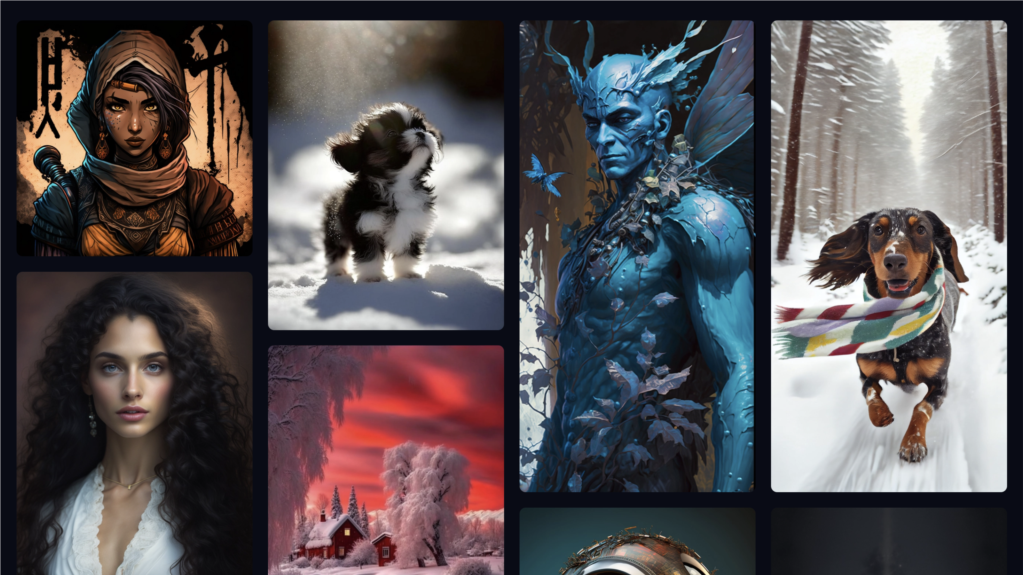The U.S. Copyright Office said that book images created using the artificial intelligence (AI) program Midjourney should not have been given copyright protection, Reuters news agency reports.
A copyright is a kind of legal protection that bars others from copying works made by the people who created them or own the copyright.
Zarya of the Dawn writer Kristina Kashtanova will be able to get a copyright for the parts of the book she wrote and ordered. But she will not receive copyright protection for images she made using Midjourney, the office said in its letter.
The decision is one of the first by a U.S. court or agency about copyright protection for works created with AI.
The decision comes at a time when AI software like Midjourney, Dall-E and ChatGPT are being used to create written and other materials.
The Copyright Office said in a letter that it would change its registration for Zarya of the Dawn to leave out images that are not the product of humans.
The research laboratory Midjourney did not immediately answer a request for comment. The Copyright Office had no comment on the decision.
Kashtanova called it "great news" that she kept the copyright for her story and arrangement of the images. She said the decision "covers a lot of uses for the people in the AI art community."
She added that she and her lawyers were considering how best to press ahead with their argument. They believe that the images themselves were a "direct expression” of Kashtanova’s “creativity and therefore copyrightable."
Midjourney is an AI system that creates images based on written instructions. Kashtanova wrote the text of Zarya of the Dawn, and Midjourney created the book's images based on her instructions.
The Copyright Office told Kashtanova in October it would reconsider the book's copyright. The agency said that was because her application did not describe using Midjourney to create the images.
The office said that it would give copyright protection for the book's text and the way Kashtanova chose and arranged its elements. But it said she was not the "master mind" behind the images themselves.
"The fact that Midjourney's specific output cannot be predicted by users makes Midjourney different for copyright purposes than other tools used by artists," the letter said.
I’m John Russell.

